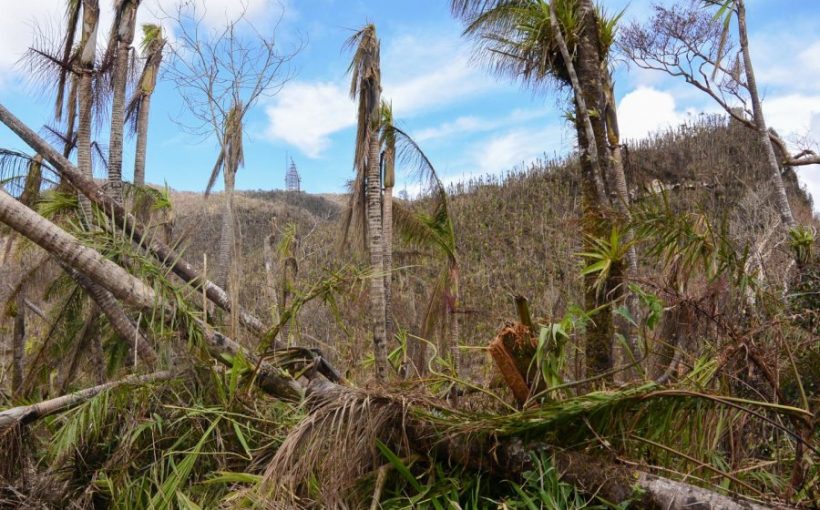Using a mouse model of necrotizing enterocolitis (NEC) — a potentially fatal condition that causes a premature infant’s gut to
Month: December 2018
Neuroscientists uncover sensory switches controlling infanticide and parental behavior
Many species of mammals have evolved what appear to be paradoxical behaviours towards their young. Like humans, most exhibit nurturing,

Indian ocean may be more disruptive to tropical climate than previously believed
The Indian Ocean played a far greater role in driving climate change during the last ice age than previously believed

Maria’s far-reaching effects on Puerto Rico’s watersheds and forests
Find related stories on NSF’s Critical Zone Observatories Sites. Find related stories on NSF’s Long-Term Ecological Research Sites. With fierce
Hidden Dangers in Dust
An antibacterial called triclosan is common in dust and could result in dust-dwelling bacteria becoming antibiotic-resistant, researchers report. “There is
Tale of two trees: New web tool estimates gene trees with ease
Gene trees, much like family trees, trace the lineage of a particular gene from its deep ancestral roots to its
Septin proteins act as cellular police to identify, imprison and kill ‘superbug’ Shigella
Using state-of-the art technologies to image human cells and study infection at the level of a single bacterial cell, the
FDA Warns of Raw Cookie Dough Dangers
As tempting as it might be to sample some raw dough while you’re making a batch of cookies this holiday
High-efficiency discovery drives low-power computing
Challenge any modern human to go a day without a phone or computer, and you’d be hard pressed to get
An energy-efficient way to stay warm: Sew high-tech heating patches to your clothes
What if, instead of turning up the thermostat, you could warm up with high-tech, flexible patches sewn into your clothes
